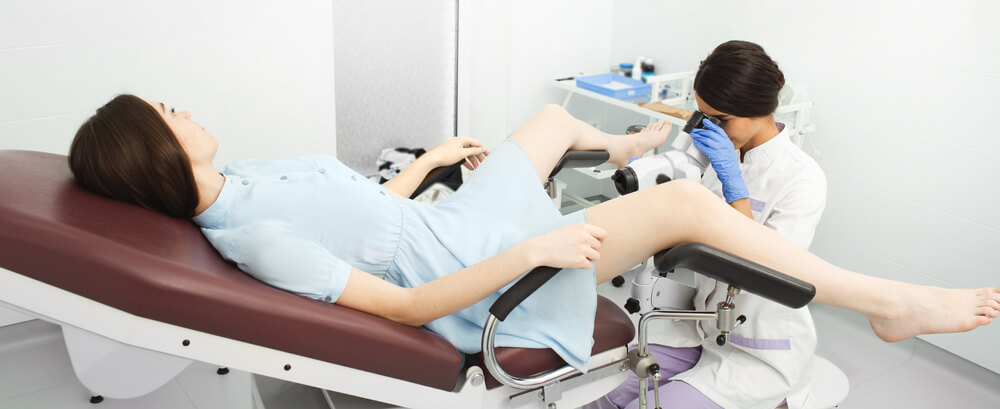
Cervical cancer is one of the leading female reproductive system concerns. This condition occurs when you have abnormal cell division in your cervix. While there are many causes of cervical cancer, the human papillomavirus (HPV) is the main cause. Since HPV is a sexually transmitted infection, every sexually active woman, at least twenty-one, should consider a regular pap smear exam. If your gynecologist notices Atlanta abnormal pap smears and HPV results, they will recommend colposcopy to examine the degree of cell growth in the cervix. Below are crucial tips to help you prepare for the colposcopy test.
Learn Why You Need a Colposcopy
Many people are restless at the mention of colposcopy exams. They are unsure why the test is done on them. Therefore, you should ask your provider if you do not understand the colposcopy explanation. Your gynecologist will describe to you why it is necessary to have a close examination of your cervix. Whether you have benign or cancerous growth in your vulva or vagina, you will get the correct explanation.
Consider the Timing of Your Period
Do you know that the menstrual period can interfere with colposcopy results? Menstrual blood can make it difficult for the colposcope to focus on clean cervix cells. Therefore, you should schedule the colposcopy appointment a few days after your menstrual bleeding. Inform your provider if you feel like you will have menstrual bleeding during the appointment day. In that case, the gynecologist will schedule the appointment to suit your needs.
Avoid Sex
Any insert in your vagina causes swelling and the release of foreign substances like ejaculate. These substances can hinder the accuracy of laboratory analysis. Therefore, you should skip sexual activities a few days before your colposcopy appointment. Also, you should avoid any douching to maintain natural vaginal acidity. If you have heavy bleeding, consider using sanitary pads instead of tampons to avoid further complications.
Manage Your Stress
While stressful events are normal, they can negatively affect your body, especially when expecting your colposcopy procedure. For example, they can cause more discomfort during the colposcopy. In that case, you can be tempted not to follow up with future sessions. Therefore, you should adopt stress management practices like meditation before the procedure. Have a positive attitude and assure yourself you will get through the procedure with less discomfort.
Ask About Pain Medications
Sometimes the specialist will obtain tissue samples from your cervix for diagnosis. This instance can trigger pain in your vagina during the procedure. Fortunately, different medications can help you ease discomfort when a specialist obtains the samples. Ask your gynecologist about the correct dosage of pain medications. For example, they can recommend the intake of ibuprofen at least half an hour before the procedure.
Regular pap smear tests are essential for preventing female reproductive concerns like cervical cancer. After the exam, if your specialist notices abnormal results, they will recommend a colposcopy for further diagnosis. Making the necessary preparation for the colposcopy will help you reap precise results. Schedule the appointment when you do not have menstrual bleeding since blood traces in the vagina would interfere with the results. Also, on days leading to your test, you should avoid any sexual intercourse. Asking your gynecologist about pain medication is necessary to suppress discomfort during and after colposcopy.
